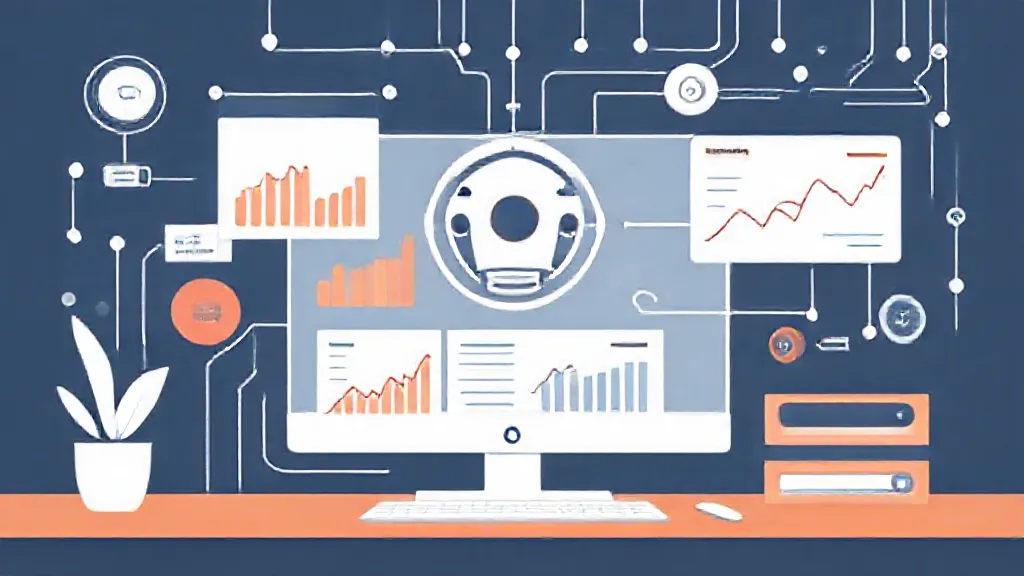Artificial Intelligence (AI) has become an integral part of modern technology, influencing various sectors from healthcare to finance. One of the most fascinating aspects of AI is its ability to learn from mistakes, a process that is crucial for improving its performance and accuracy. This article delves into what happens when AI learns from its mistakes, exploring the underlying mechanisms, implications, and real-world applications of this capability.
Understanding the Learning Process in AI
At the core of AI's ability to learn from mistakes is a process known as machine learning. This involves algorithms that enable computers to recognize patterns and make decisions based on data. When AI systems make errors, they often utilize feedback mechanisms to adjust their algorithms.
This feedback can come from various sources, including human input, additional data, or built-in evaluation metrics. By analyzing the conditions that led to a mistake, AI can modify its approach to prevent similar errors in the future.
Types of Learning: Supervised vs.
Unsupervised
AI learning methods can be broadly categorized into supervised and unsupervised learning. In supervised learning, AI is trained on labeled datasets, where the correct output is provided. If the AI makes an error, it can compare its output to the correct label and adjust accordingly.
Conversely, unsupervised learning involves training on unlabeled data, where the AI must identify patterns on its own. In this case, learning from mistakes may involve clustering similar data points or recognizing anomalies without explicit guidance, showcasing the versatility of AI learning mechanisms.
The Role of Reinforcement Learning
Reinforcement learning (RL) is another paradigm where AI learns from its mistakes through a system of rewards and penalties.
In this approach, an AI agent interacts with an environment and receives feedback based on its actions. When the agent makes a mistake, it incurs a penalty, prompting it to adjust its strategy to maximize future rewards. This trial-and-error method is particularly effective in complex scenarios, such as game playing or robotic navigation, where the consequences of actions can be immediate and significant.
Real-World Applications of Learning from Mistakes
The ability of AI to learn from its mistakes has profound implications across various industries. In healthcare, for instance, AI systems can analyze patient data to improve diagnostic accuracy. If an AI misdiagnoses a condition, it can learn from the feedback provided by healthcare professionals, refining its algorithms to enhance future diagnoses.
Similarly, in autonomous vehicles, AI learns from driving errors to improve navigation and safety, ultimately reducing the likelihood of accidents.
Ethical Considerations in AI Learning
As AI systems become more adept at learning from mistakes, ethical considerations arise. The potential for AI to make errors that have significant consequences—such as in criminal justice or financial decision-making—raises questions about accountability and transparency.
Who is responsible when an AI system makes a mistake? Ensuring that AI learning processes are interpretable and accountable is crucial for maintaining public trust in these technologies.
Future Directions for AI Learning
The future of AI learning from mistakes is promising, with ongoing research aimed at enhancing the efficiency and effectiveness of these systems. Techniques such as transfer learning, where knowledge from one domain is applied to another, are being explored to improve the learning process.
Moreover, advancements in explainable AI are making it easier for developers and users to understand how AI systems learn from their errors, paving the way for more robust and reliable applications.
Conclusion: The Importance of Learning from Mistakes
In conclusion, the ability of AI to learn from its mistakes is a fundamental aspect of its development and deployment. By understanding the mechanisms behind this learning process, we can harness the power of AI to create more efficient, accurate, and ethical systems.
As technology continues to advance, the importance of refining AI's learning capabilities will only grow, making it essential for researchers and practitioners to prioritize this area in their work.
Prompt for Image Generation
Generate an image depicting an AI system analyzing data, with visual elements representing learning from mistakes, such as graphs showing error correction and feedback mechanisms.
